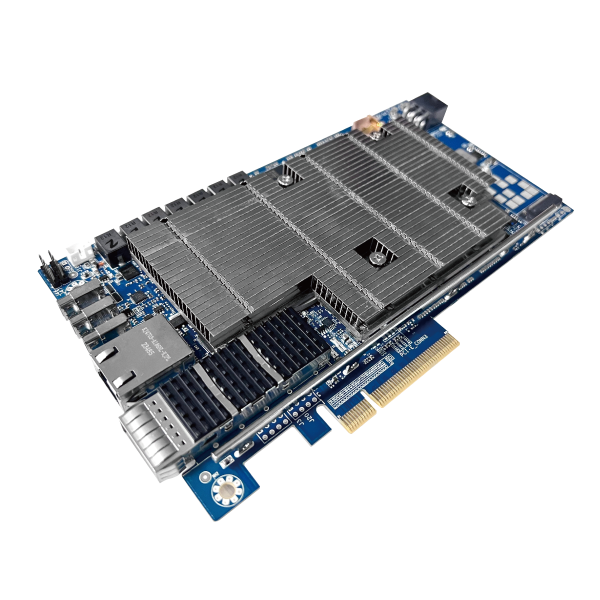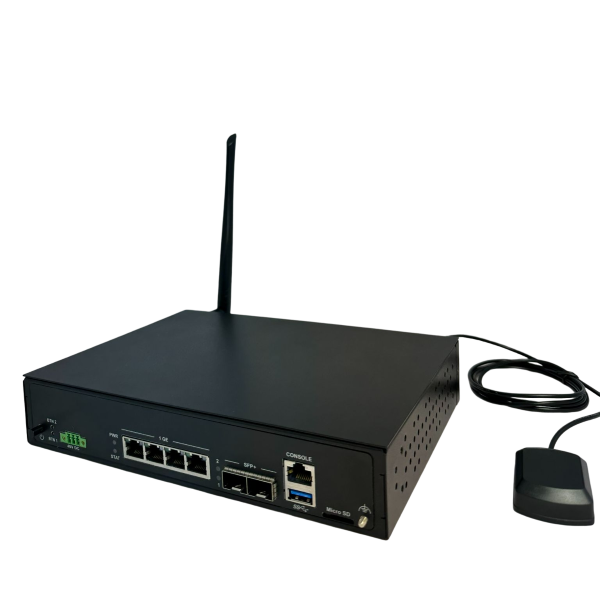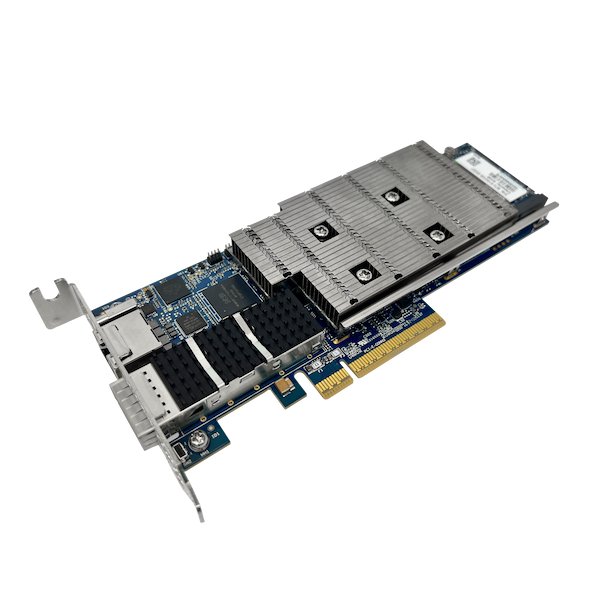- OVERVIEW & GOAL
AI, Machine Learning and Deep Learning all relies on data. DPUs are important computing components to improve performance, efficiency, and cost-effectiveness of data processing tasks, particularly for applications that require high-speed data processing or real-time decision-making. DPUs are used in a wide range of applications, including data centers, cloud computing, edge devices, autonomous vehicles, to name a few.
Utilizing DPUs effectively not only offloads workloads from other parts of the data computing system, but also leads to higher performance. This is because DPUs are vital components in specialized hardware units that accelerate specific data processing tasks and provide higher performance and energy efficiency than traditional general-purpose processors like CPUs or GPUs. White-box DPU comes in different variants based on the different use cases and applications that each variant is targeting. This brings great flexibility across the market.
- CHALLENGES
- Compatibility. Ensuring compatibility with existing software and systems, as DPUs are specialized hardware, which often requires specific program code and interfaces to work effectively.
- Cost. DPUs can be expensive to develop and manufacture, so it can be challenging to achieve the right balance between cost and performance.
- Flexibility. Data processing is a rapidly expanding area, with new technologies and use cases coming to market. DPUs need to be flexible enough to adapt to new algorithms, data types, and processing requirements, while also providing a stable and reliable platform for developers and users.
- SOLUTION & BENEFITS
- Improved Performance: DPUs perform certain tasks, like machine learning inference, network packet processing, or video encoding/decoding, far faster and with lower latency, resulting in an improved overall system performance.
- Energy Efficiency: DPUs are designed to be more energy-efficient than traditional processors. Through offloading specific tasks to a DPU, the main processor can be put into a lower power state, reducing overall power consumption and extending battery life.
- Reduced Cost: Through using a DPUs for specific tasks, developers can achieve better performance and efficiency without having to purchase more expensive CPUs or GPUs.
- Flexibility: DPUs are designed to adapt to new data processing tasks, technologies and applications.
- Security: DPUs are designed to include security features that help protect data and systems from cyber-attacks.




